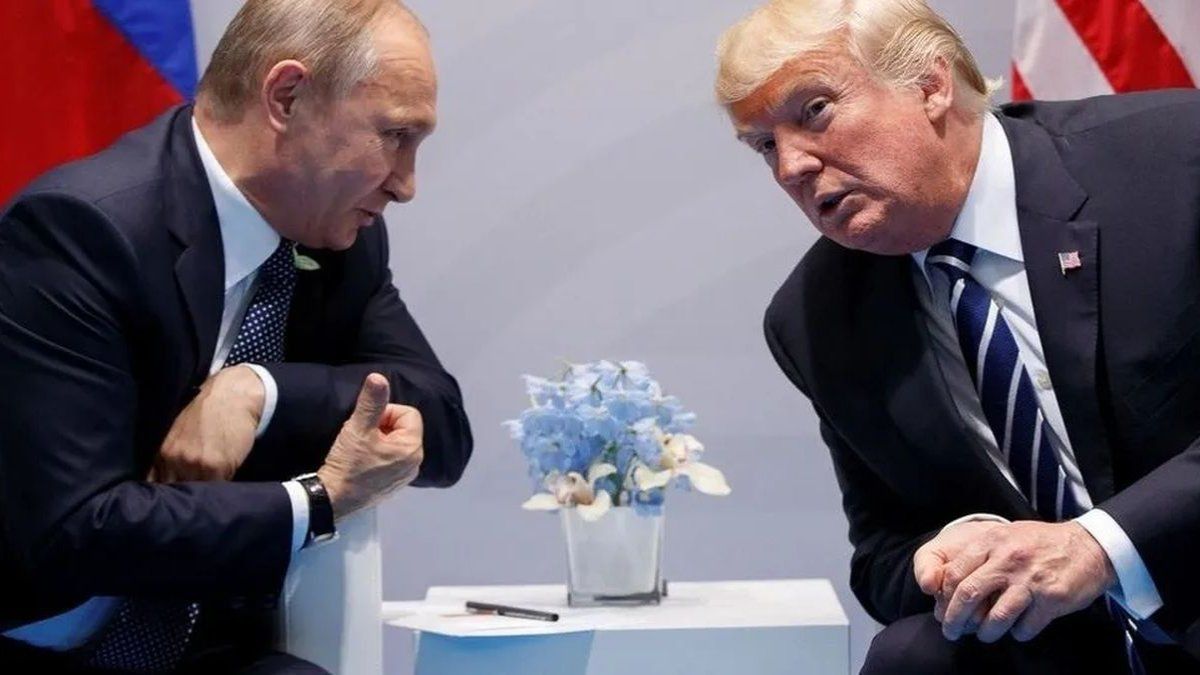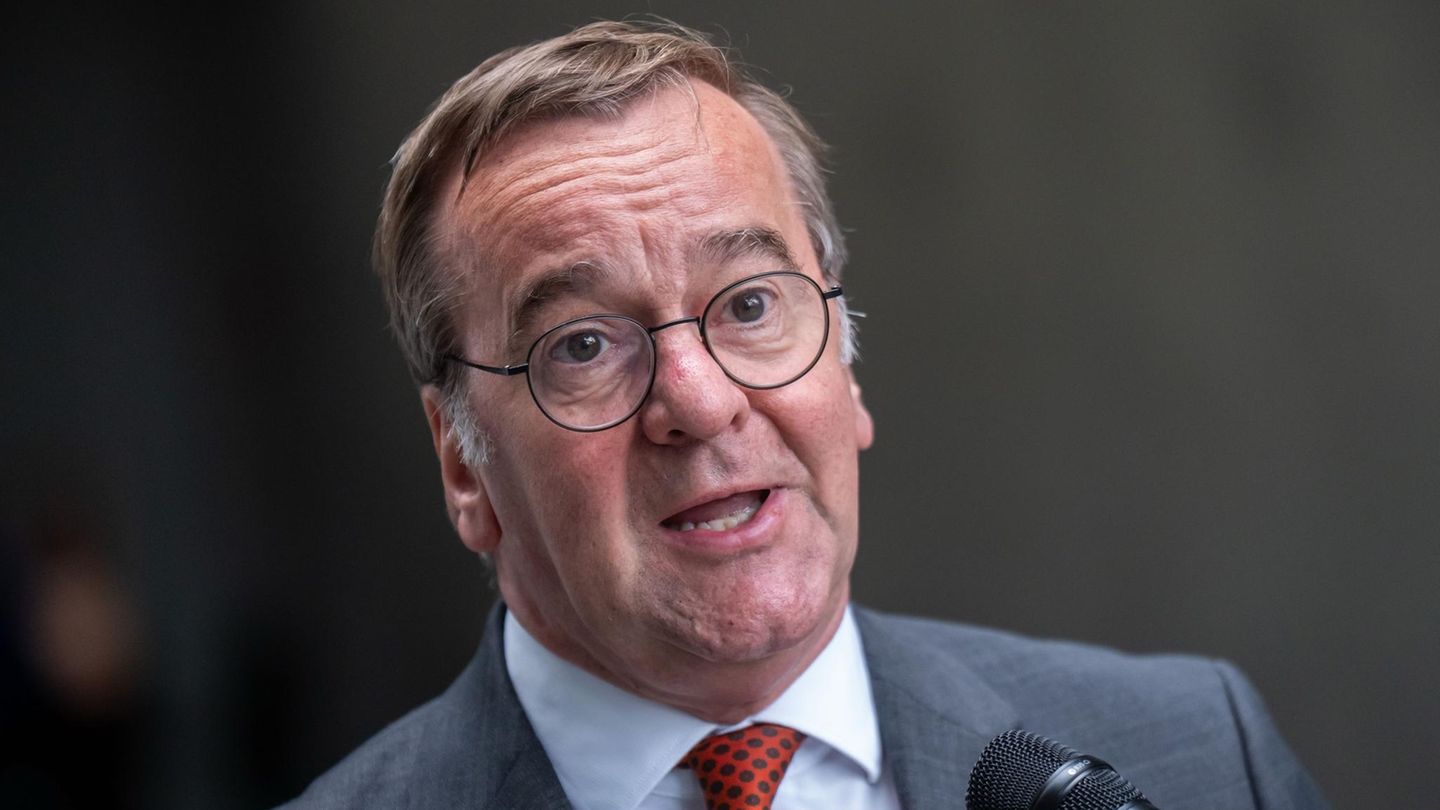The giant commanded by Putin was one of the few countries to which the US will not apply tariffs. The explanation of the White House.
While Donald Trump It hardens its commercial war with new tariffs to dozens of countries, a great absent in the list of sanctioned is Russia. Although the White House argues that existing sanctions have already drastically reduced bilateral trade, the decision generates doubts about its true motivations.
The content you want to access is exclusive to subscribers.
The Secretary of the Treasury, Scott Besent, justified the measure stating that the commercial exchange between the United States and Russia “has practically stopped” from the sanctions imposed by the invasion of Ukraine in 2022. However, according to official data, in 2024 Russia exported goods for about U $ 3,000 million to the USA, including fertilizers and platinum that were reached by tariffs, such as Laos and Fiyi.


The decision to exclude Moscow becomes relevant in the context of Trump’s recent threats to impose taxes on Russian oil buyers if Vladimir Putin does not access to negotiate a high fire in Ukraine. Analysts interpret that the former president could be retaining sanctions as a currency in his diplomatic strategy.
“This seems like a political decision. Trump does not want to climb the conflict as long as his conversations with Putin last,” said Alexandra Prokopenko, former official of the Russian Central Bank and a member of the Carnegie Russia Eurasia Eurasia center in Berlin.
Another key factor could be the composition of Russian exports. Russia is the third largest fertilizer supplier in the US, and its volume of shipments has grown in the last year. With Trump seeking to shield American farmers of the effects of their commercial wars, keeping stable the cost of strategic supplies such as fertilizers could be part of their strategy.
Commercial logic also does not fit the tariff policy applied to other countries. Trump set a 10% tax to imports from Iran, a lower rate than the imposed on Israel, one of the historic US allies of the US. This reinforces the idea that the Republican is using tariffs as a diplomatic pressure tool, and not only as an economic protection mechanism.
While global trade reaches the new rules imposed by Trump, the Russian exception continues to awaken questions. Is it a strategic play for future negotiations or a decision motivated by internal commercial interests? The truth is that, for now, the Kremlin dodges a new economic blow in a context of growing tensions with the West.
Source: Ambito




